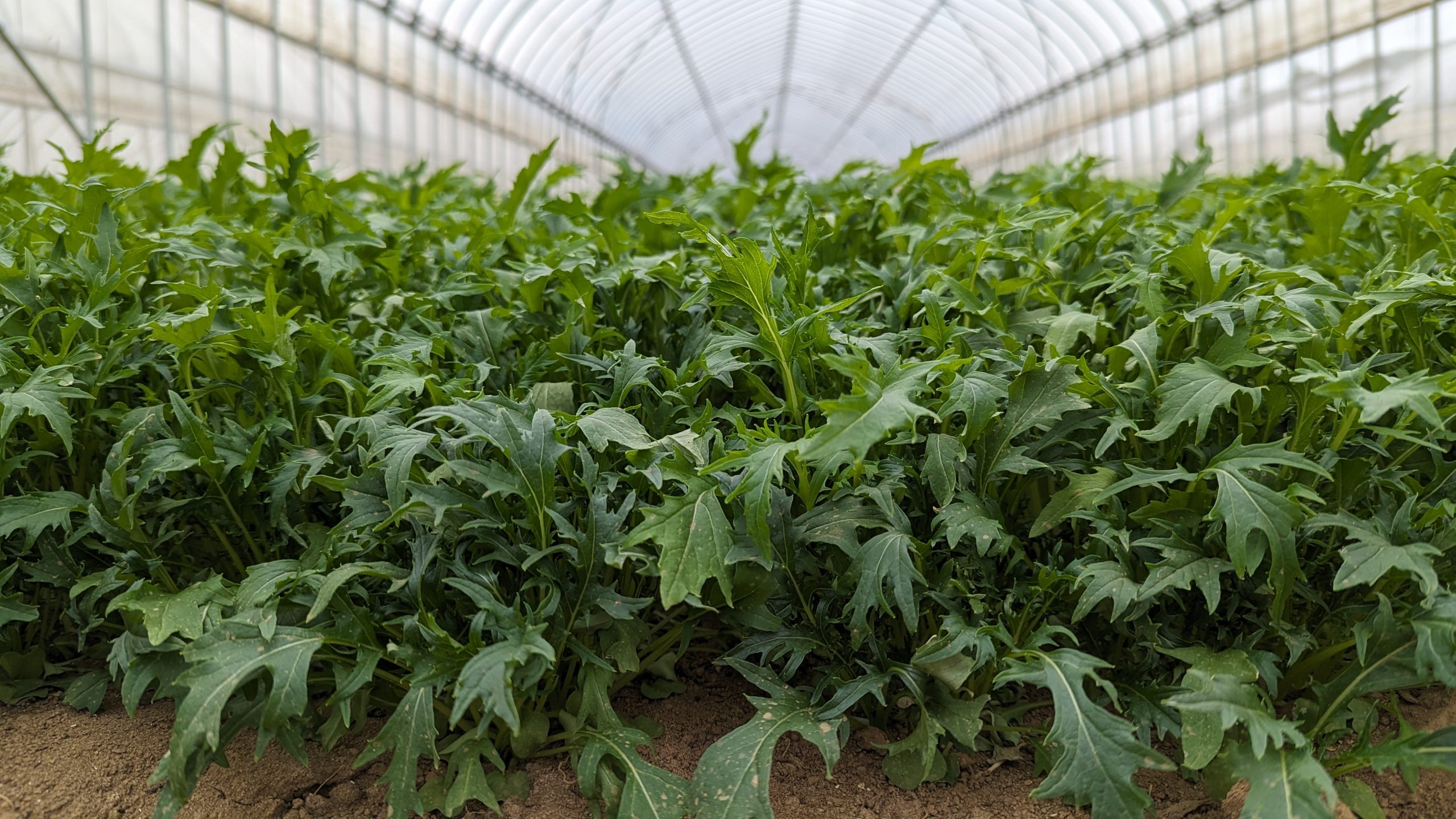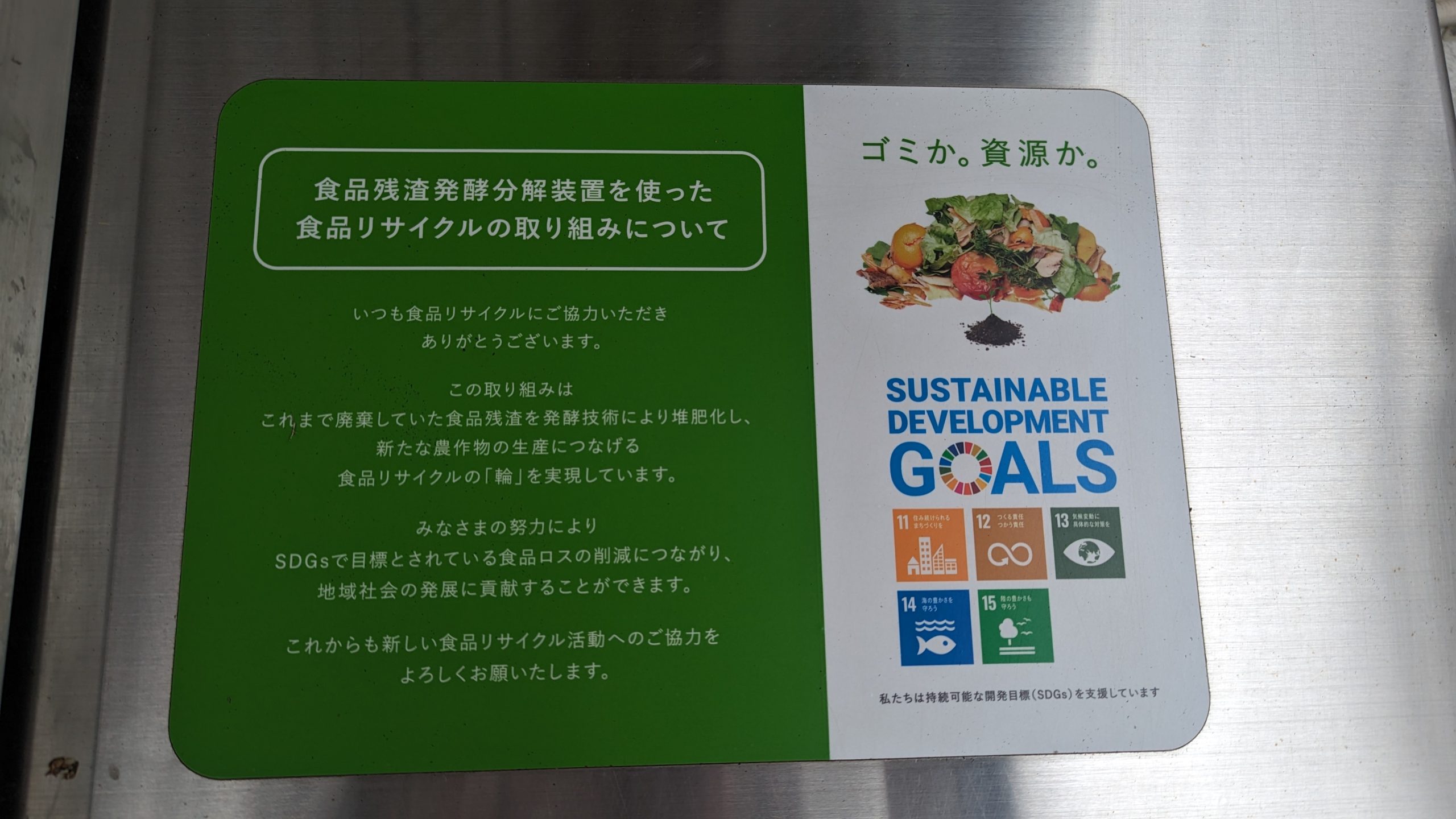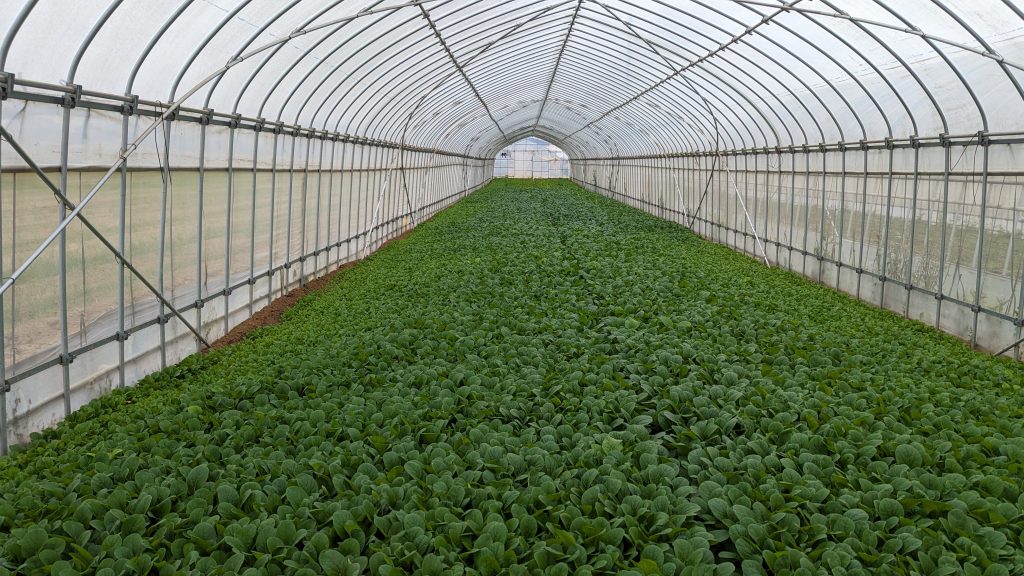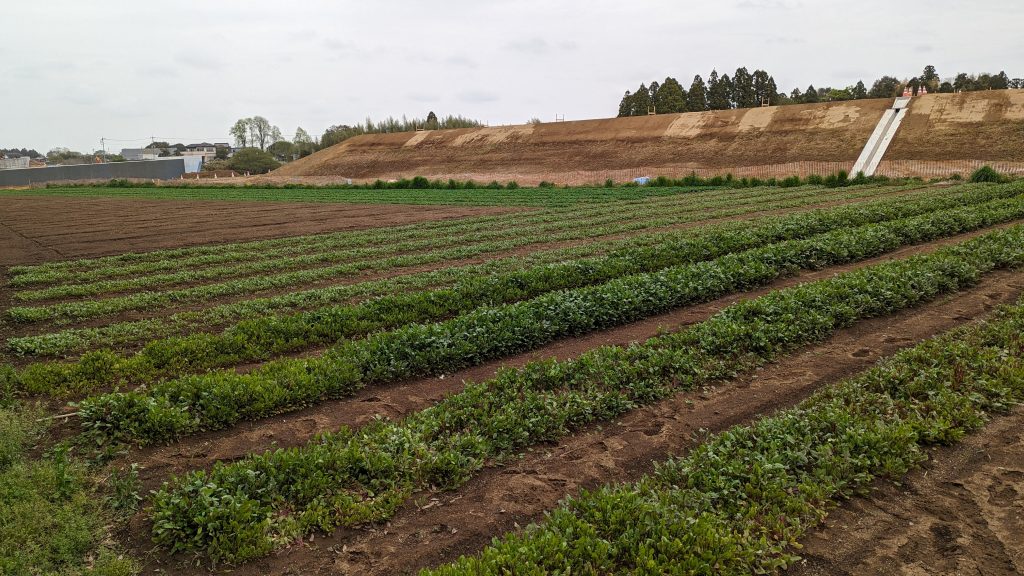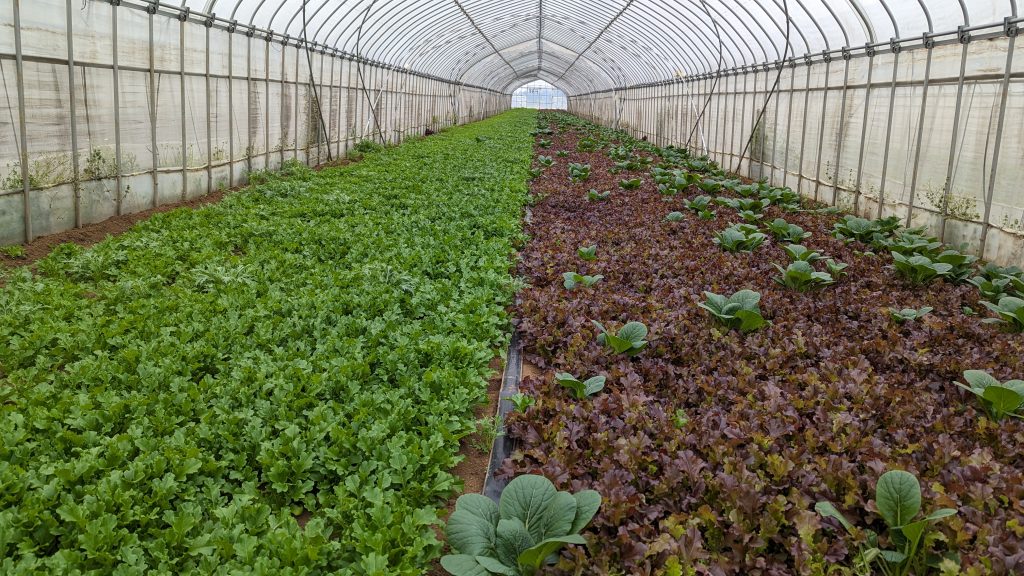gategroup as a company is striving towards a positive impact on the environment through strong ESG initiatives company-wide. A number of these initiatives are carried out on multiple levels of the organization, but one level, the production unit level, has an immediate impact on these ESG initiatives. Each unit takes responsibility for their environmental footprint and does what it can to reduce it, from locally sourcing ingredients from sustainable farms to using electric or hybrid vehicles. One example of this impact can be seen through gategourmet Japan, mainly at the Narita unit, where they have fostered a special connection with a local farm to source a portion of their produce.
Through a partnership of almost 10 years, gategourmet Japan source produce and ingredients from Hokuso Vegetables, a farm just five minutes down the road from the gategourmet Japan Narita unit. The farm itself is spread out across multiple fields, some of which actually require a little drive between. These fields have both open-air and greenhouse farming, depending on the crops, and are certified organic, using no pesticides. They use natural compost and certified organic fertilizer. There are approximately 100 greenhouses included in the farm, each a size of 50m2, and each can produce up to 200 kilograms of vegetables for a standard harvest and up to 100 kilograms for a smaller harvest.
The Narita unit buys 32% of its fresh vegetables and herbs from local farmers, and of that, 23% come from the Hokuso Vegetables farm. The crops that are produced at Hokuso are mostly baby leaf greens used for salads and include pino green, mizuna leaf, red/green spinach, green leeks, and green onions.
When it comes to growing the vegetables, there are many stages involved. There is a cycle for farming that they follow. The crops are rotated among the fields every one-and-a-half months, and not every crop is a singular vegetable. Some crops will be mixed depending on what the customer needs, quantity wise. Because of this rotation, there is always something growing in the greenhouses, but planting cannot happen immediately. After a harvest, the ground must be prepared for the next crop. The harvest itself can take up to four days, slowly picking crops from one end to the other, or at each end and meeting in the middle. Once that harvest is done, the ground must be cleaned of any remaining detritus, which can take several hours. The ground is then irrigated and drained and three days later, the soil is tilled. Seeding can then take place which takes about an hour. The seeds they use are local seeds where possible, but due to Japan’s climate, not all seeds can be grown locally, so a lot of the baby leaf vegetable seeds are commercial seeds.
While locally sourcing produce from Hokuso Vegetables is a big driver in meeting ESG goals, the Narita unit also has several other programs in place, including partnerships with other local farms. In 2015, they began a collaboration with KoisuruButa, a pig farm and processing facility 15 km away from the Narita Unit. The pigs are fed with a special fermented dry feed that ensures the digestive tracts of the livestock are very clean and free of odor. The meat is incredibly juicy and flavorful. Koisuru also employs mentally challenged youths in their processing facility, and all proceeds of the product sold go back to Koisuru’s social welfare organization. In 2017, they began working with Tokai Seapro, a sustainable fish farm in Ehime, Japan, delivering fresh fish daily to the Narita and Haneda units. The fish farm ensures the water quality is in top condition, for the environment and livestock through careful feeding and vaccination processes.
The Narita unit is also concerned about waste, and to deal with at least one part of it, they have installed a machine where raw vegetable food waste can be reprocessed into fertilizers through enzymes. In 2023, they reprocessed a total of 24,149 kg of raw vegetable waste. They also recycle used cooking oil into biodiesel that is used in the airport, which I did not know could be done. In 2023, a total of 9,881 liters of used cooking oil was recycled.
There is also a focus on operational efficiency with over 90% of the light tubes at all the units of gategourmet Japan having been switched to LED lighting since 2017. The LEDs significantly reduces the energy consumption and waste through light tube/bulb replacements. The transport team mainly use small operational vehicles (K cars) for driving to the ramp for energy saving purposes and they also use re-furbished / recycled truck tires.
gategourmet Japan is truly contributing to gategroup’s ESG commitment with all these initiatives and programs in place. As gategroup works towards a better future for our planet, these are just the first steps being taken to get to that future.
About gategroup
gategroup is the global leader in airline catering, retail-on-board and hospitality products and services. They provide passengers with superior culinary and retail experiences, leveraging innovation and advanced technology solutions. Headquartered in Zurich, Switzerland, gategroup delivers operational excellence through the most extensive catering network in the aviation industry, serving more than 700 million passengers annually from over 200 operating units in over 60 countries/territories across all continents. For further information, please visit www.gategroup.com.
